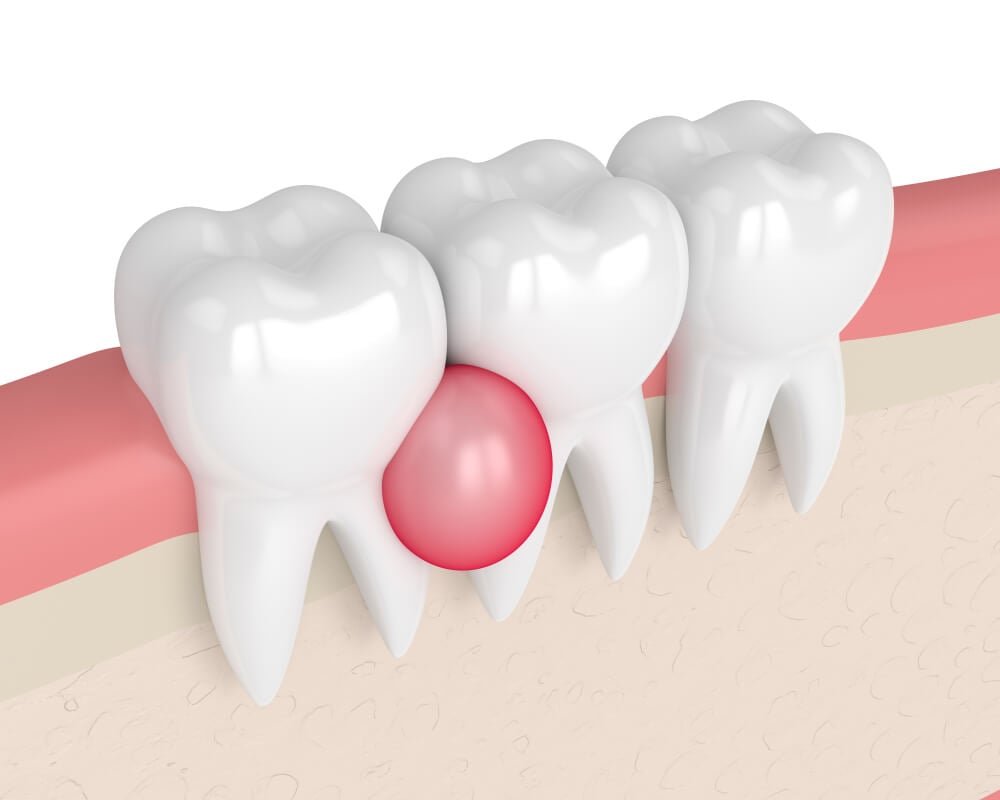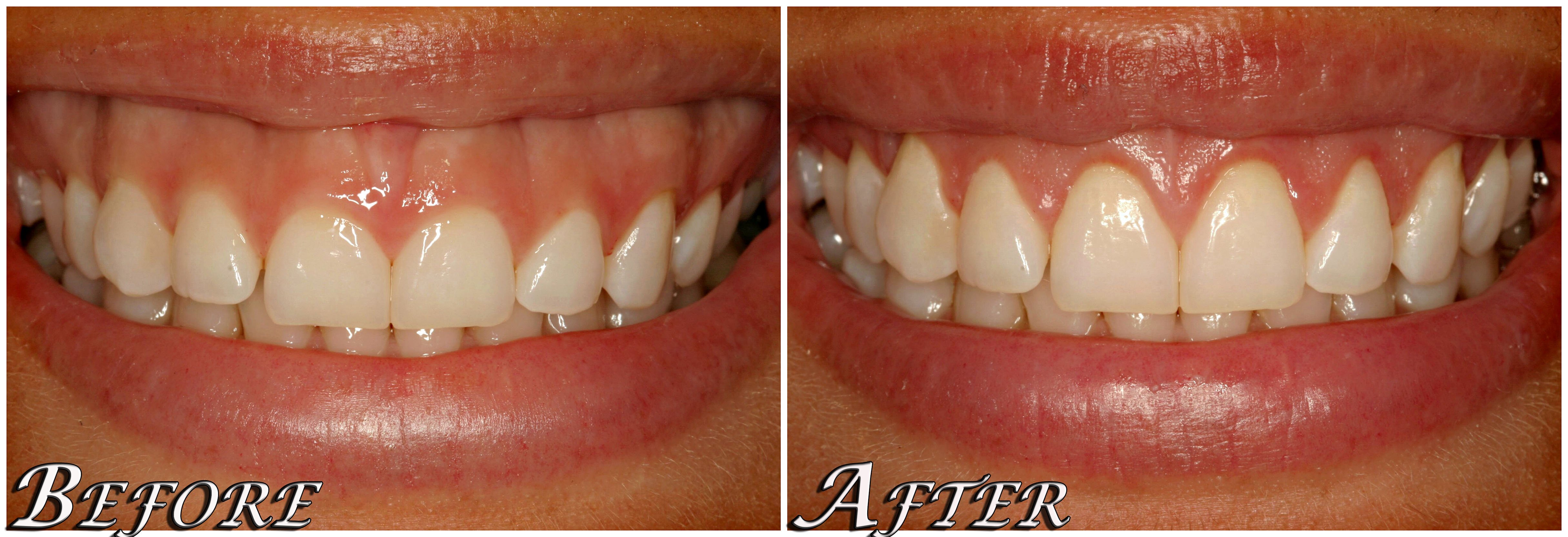Dental Cyst Removal - Oral Maxillofacial Surgery Clinic DRHC Dubai
"A closed sac having a distinct membrane and developing abnormally in a cavity or structure of the body," is how the dictionary defines a cyst. Dental cysts, which are unhealthy, steadily enlarge in and around the teeth. Patients may not be aware they have dental cysts until they become infected, which could take months or even years. Their growth is not accompanied by any discomfort.
What is the best way for a dentist to find cysts?
Unless they are quite large, dental cysts are typically not evident during physical examinations. Dental cysts will appear as dark areas on OPG X-rays.
What Common Signs and Symptoms of a Dental Cyst?
Most patients are first unaware of them until they get infected. There are a few subtle signs to watch out for, though:
- Numbness in the face as a result of the cyst pressing on a nerve
- Sensitive teeth
- Teeth displacement with space emerging between teeth
- Loose teeth
- Swelling of a particular gum area.
- Discomfort while pressing on a particular location of the gum
Difference between a Dental Cyst from an Abscess?
Dental cysts typically do not become infected, but when they do, they turn into abscesses. Bacteria in the gums brought on by dental decay can cause abscesses to develop. Antibiotics typically treat small abscesses, but surgical drainage and antibiotic therapy are frequently needed for big abscesses.
Many kinds of dental cysts Exist.
Yes, Some dental cysts are dentigerous cysts, which are typically found near or on the crown of a wisdom tooth that has not yet erupted, upper canines, or lower wisdom teeth.
A periapical cyst, also known as an odontogenic or radicular cyst, is brought on by tooth decay or trauma, which in turn results in the death or necrosis of the tooth pulp.
KCOTs, or keratocystic odontogenic tumors.
Can Dental cysts go away on their own?
No, Unfortunately, dental cysts must be removed or drained by an oral Maxillofacial surgeon because they won't go away on their own.
Can antibiotics be used to treat dental cysts?
Anti-inflammatories and antibiotics are frequently effective in the treatment of relatively tiny dental cysts. The cyst may then be naturally absorbed by the body, sparing the patient from a cyst removal treatment in the mouth.
Is the Removal of a Dental Cyst Painful?
Since the oral surgeon will first numb the area with a local anesthetic before starting any surgery, removing dental cysts is not painful.
Surgery to Remove a Dental Cyst
Your oral surgeon will determine the best course of action for that specific dental cyst following a comprehensive examination and X-rays. He or she might choose to extract both of them. You might also employ marsupialization. For the cyst to freely drain itself, a slit is cut in the cyst and then sutured open.
Dental Cyst Removal Procedure
The teeth are thoroughly cleaned and polished a couple of days before the dental cyst ectomy treatment. At this time, an oral probiotic is frequently administered to support the body's natural healing processes by increasing the beneficial bacteria present in saliva.
Typically, a root canal procedure is performed before the removal of the dental cyst. To ensure that the patient has a positive experience, anesthesia may also be administered during the cyst removal procedure.
It's likely that the dental cyst-related tooth will also be removed by the oral surgeon. In rare instances, the empty space left following cyst excision may be filled with bone graft material. Sutures will subsequently be used to seal the surgical site.
Frequently, the tissue that the surgeon removed is sent to a path lab to ensure the cyst is a cyst and not a tumor.
Dental Cyst Removal Recovery Time
Since it is a minor surgical procedure Recovery time is faster usually just a couple of days. That’s how long it takes for the site to heal and for the numbness to disappear.
.png?width=281&height=59&name=bookanappointment%20(1).png)
Are you looking for a leading dentist in Dubai or leading dental clinic in Dubai or a pediatric dentist in Dubai? DRHC provides the leading dentist for dental implants and Cosmetic dentistry. To book your appointment please call +97142798200 today!




.png?width=281&height=59&name=bookanappointment%20(1).png)
.jpg)


